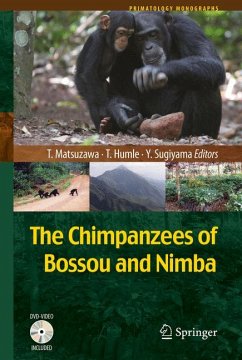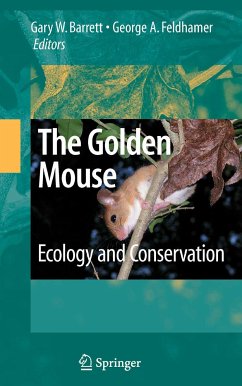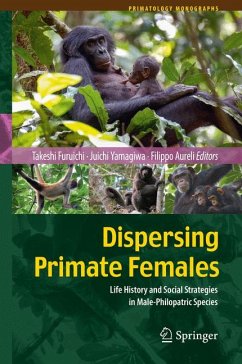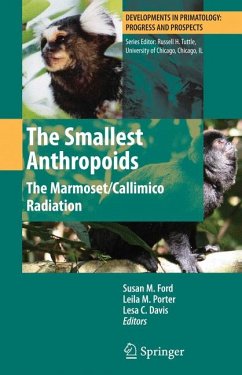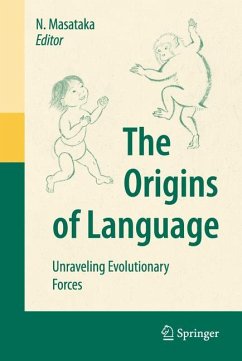
The Japanese Macaques (eBook, PDF)
Versandkostenfrei!
Sofort per Download lieferbar
136,95 €
inkl. MwSt.
Weitere Ausgaben:

PAYBACK Punkte
68 °P sammeln!
Japanese macaques (Macaca fuscata) have been studied by primatologists since 1948, and considerable knowledge of the primate has been accumulated to elucidate the adaptation of the species over time and to distinct environments in Japan. The Japanese macaque is especially suited to intragenera and interpopulation comparative studies of behavior, physiology, and morphology, and to socioecology studies in general. This book, the most comprehensive ever published in English on Japanese macaques, is replete with contributions by leading researchers in field primatology. Highlighted are topics of i...
Japanese macaques (Macaca fuscata) have been studied by primatologists since 1948, and considerable knowledge of the primate has been accumulated to elucidate the adaptation of the species over time and to distinct environments in Japan. The Japanese macaque is especially suited to intragenera and interpopulation comparative studies of behavior, physiology, and morphology, and to socioecology studies in general. This book, the most comprehensive ever published in English on Japanese macaques, is replete with contributions by leading researchers in field primatology. Highlighted are topics of intraspecific variations in the ecology and behaviors of the macaque. Such variations provide evidence of the ecological determinants on this species' mating and social behaviors, along with evidence of cultural behavior. The book also addresses morphology, population genetics, recent habitat change, and conflicts with humans, and attests to the plasticity and complex adaptive system of macaque societies. The valuable information in this volume is recommended reading for researchers in primatology, anthropology, zoology, animal behavior, and conservation biology.
Dieser Download kann aus rechtlichen Gründen nur mit Rechnungsadresse in A, B, BG, CY, CZ, D, DK, EW, E, FIN, F, GR, HR, H, IRL, I, LT, L, LR, M, NL, PL, P, R, S, SLO, SK ausgeliefert werden.




